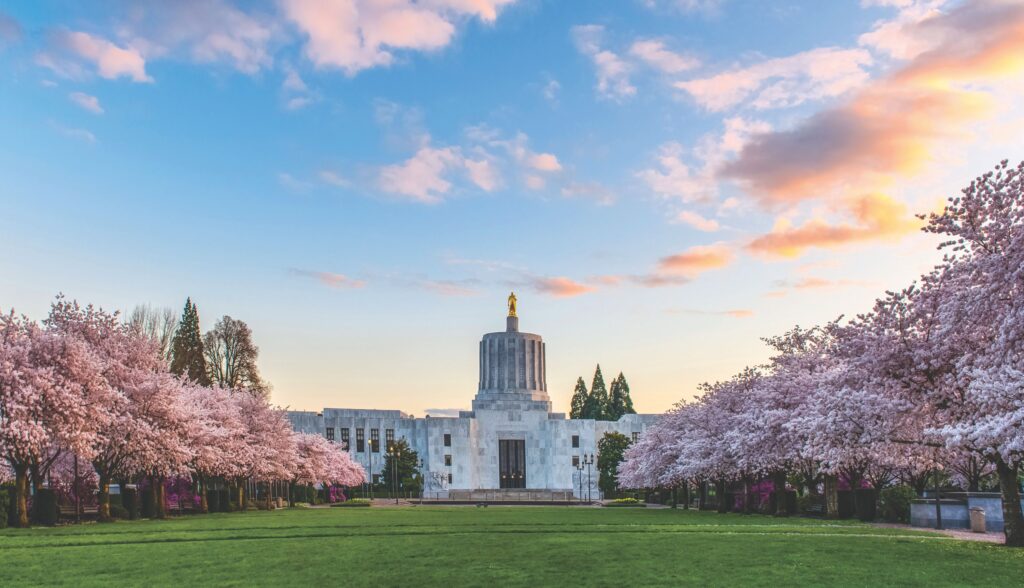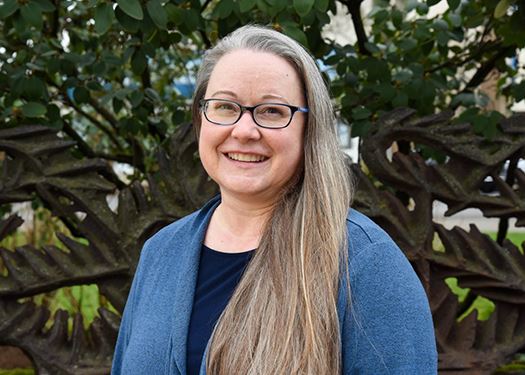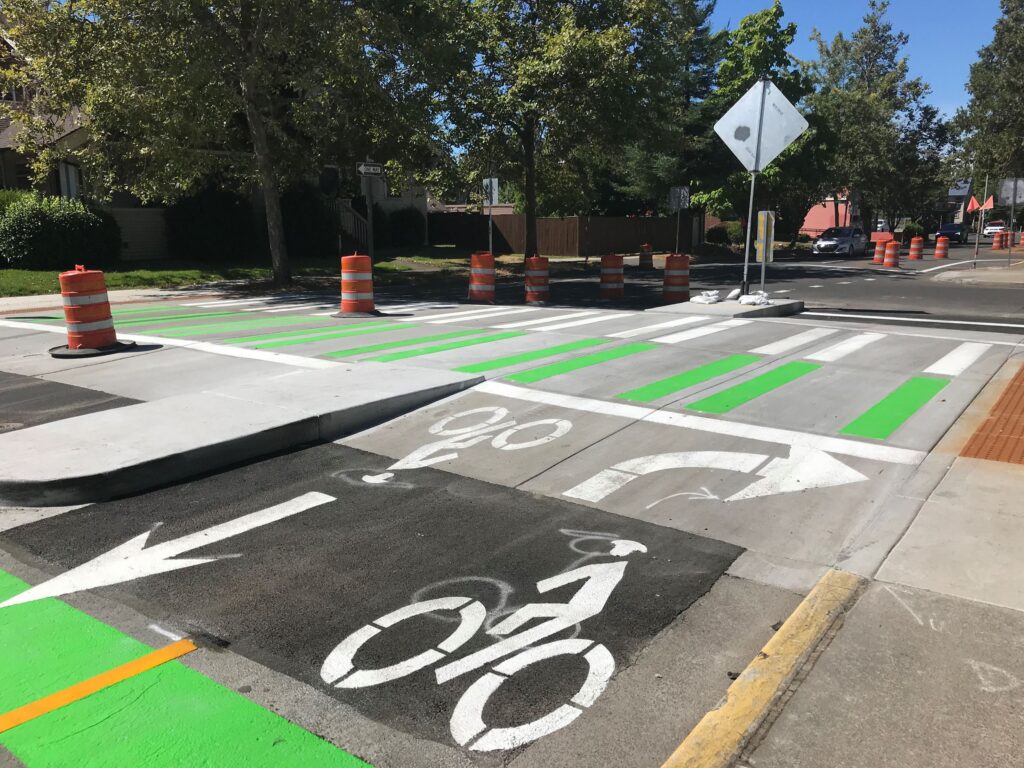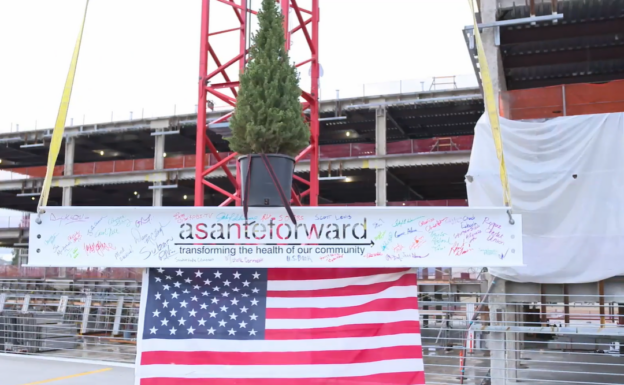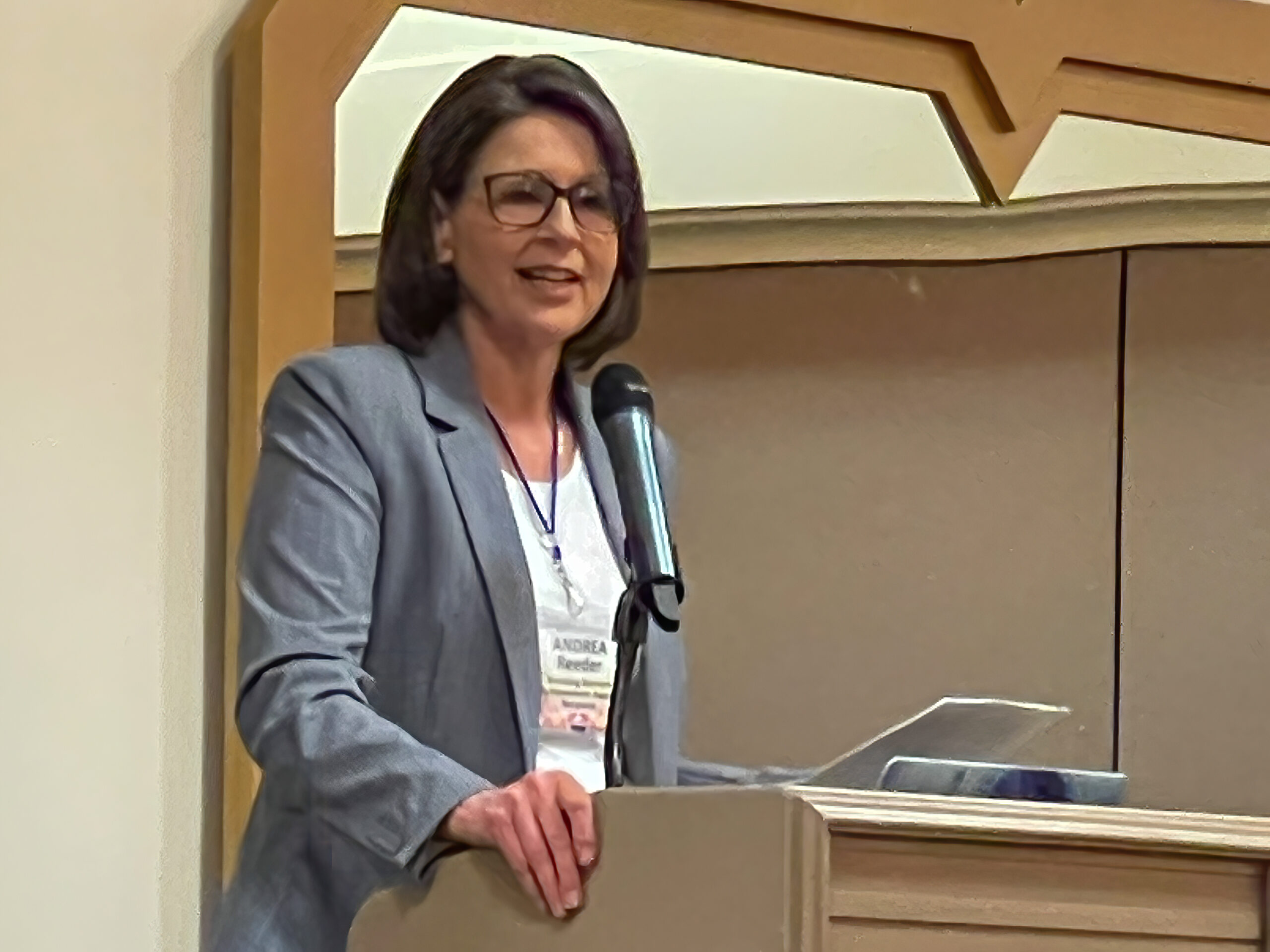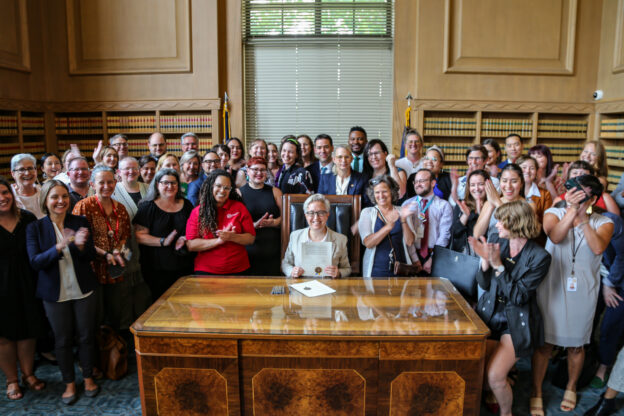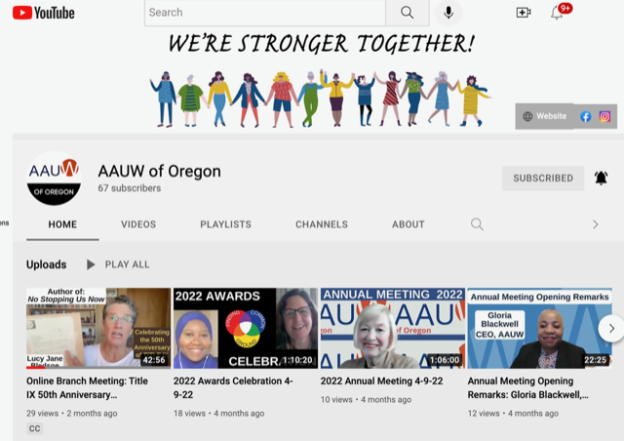There will be four referenda on this November’s ballot. Here they are for your perusal as well as the pros and cons to aid your choice in voting. We all know AAUW members excel at making our voices heard at the ballot box.
Oregon Measure 111, the Right to Healthcare Amendment, is on the ballot in Oregon as a legislatively referred constitutional amendment on November 8, 2022.[1]
- A “yes” vote supports amending the state constitution to require that the state “ensure that every resident of Oregon has access to cost-effective, clinically appropriate and affordable health care as a fundamental right.”
- A “no” vote opposes amending the state constitution to require that the state “ensure that every resident of Oregon has access to cost-effective, clinically appropriate and affordable health care as a fundamental right.”
Measure 111 would add a section to the Oregon Constitution establishing a right to “cost-effective, clinically appropriate and affordable health care” for every Oregon resident. The amendment would require the state to balance the obligation of ensuring a right to healthcare against funding public schools and other essential public services. The amendment also states that legal remedies for lawsuits brought against the proposed section may not interfere with the balance between a right to healthcare and funding other essential public services.
This bill is widely supported but has no funding mechanism or plan for implementation. It would be the first adopted by any state to secure the right to affordable health care for all state residents.
Oregon Measure 112, the Remove Slavery as Punishment for Crime from Constitution Amendment, is on the ballot in Oregon as a legislatively referred constitutional amendment on November 8, 2022.[1]
- A “yes” vote supports: repealing language from the state constitution that allows the use of slavery and involuntary servitude as criminal punishments and adding language that authorizes an Oregon court or a probation or parole agency to order alternatives to incarceration for a convicted individual as part of their sentencing.
- A “no” vote opposes this amendment to repeal language from the state constitution that prohibits slavery or involuntary servitude except as punishment for a crime.
Measure 112 would remove language in the Oregon Constitution that allows the use of slavery and involuntary servitude as criminal punishments, thereby prohibiting slavery and involuntary servitude without exception. The amendment would also add language authorizing an Oregon court or a probation or parole agency to order alternatives to incarceration for a convicted individual as part of their sentencing.[2]
As of January 2021, Oregon was one of 10 states that had a provision prohibiting enslavement and involuntary servitude but with an exception for criminal punishments.
Oregon Measure 113, the Exclusion from Re-election for Legislative Absenteeism Initiative, is on the ballot in Oregon as an initiated constitutional amendment on November 8, 2022.[1][2]
- A “yes” vote supports disqualifying legislators from re-election following the end of their term if they are absent from 10 legislative floor sessions without permission or excuse.
- A “no” vote opposes disqualifying legislators from re-election following the end of their term if they are absent from 10 legislative floor sessions without permission or excuse.
The measure is well supported financially and by a variety of state officials, unions and public service organizations.
Oregon Measure 114, the Changes to Firearm Ownership and Purchase Requirements Initiative, is on the ballot in Oregon as an initiated state statute on November 8, 2022.
- A “yes” vote supports this ballot initiative to: require permits issued by local law enforcement to buy a firearm; require photo ID, fingerprints, safety training, criminal background check, and fee payment to apply for a permit; and criminalize the manufacture, importation, possession, use, purchase, sale, or transfer of ammunition magazines capable of holding more than 10 rounds.
- A “no” vote opposes this ballot initiative thereby maintaining existing law, which requires a seller/transferor to request a background check before firearm purchase.
Measure 114 would enact a law outlining a procedure to apply for a permit to purchase a firearm. Permits would be issued by local law enforcement. Applicants would need to pay a fee, submit a photo ID, be fingerprinted, complete approved safety training, pass a criminal background check, and not be prohibited from possessing firearms. Law enforcement would be able to deny a permit to an applicant believed to be a danger to oneself or others. The initiative would also criminalize the manufacture, importation, possession, use, purchase, sale, or otherwise transferring of ammunition magazines capable of holding more than 10 rounds.[1]
Because this measure is controversial and being followed nationwide, here is what a yes or no vote means:
- Result of Yes vote: Yes vote requires a background check, safety training, state police to maintain new permit/firearm database; prohibits certain size magazines.
- Result of No Vote: No vote retains current law, Seller/transferor must request criminal background check; permit, safety course not required; no magazine capacity restrictions.


